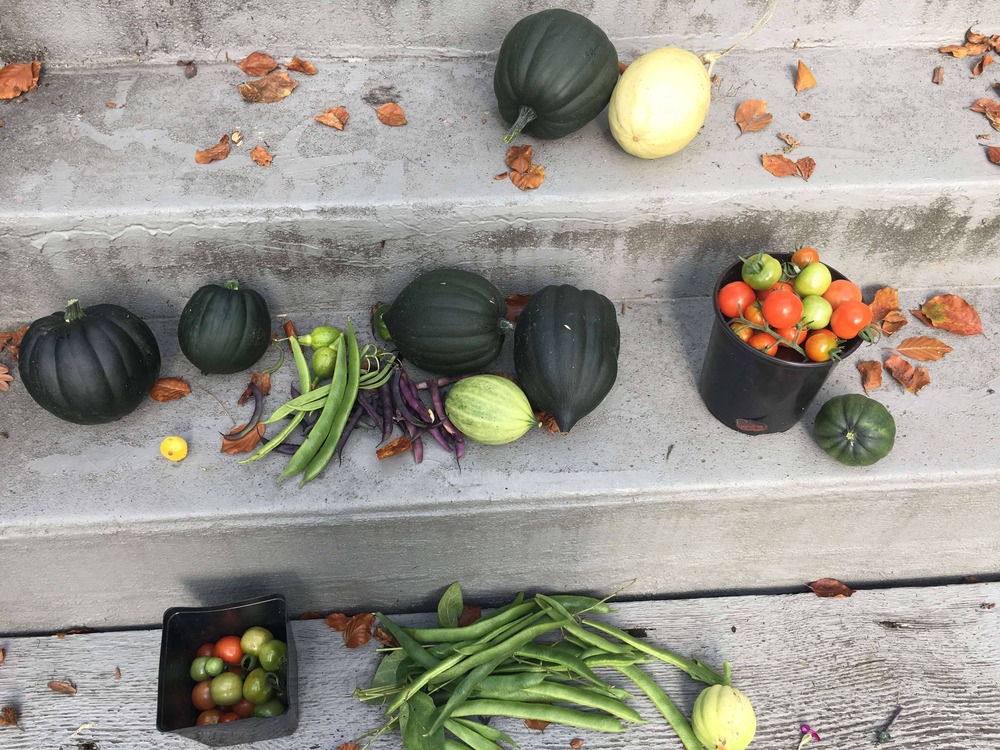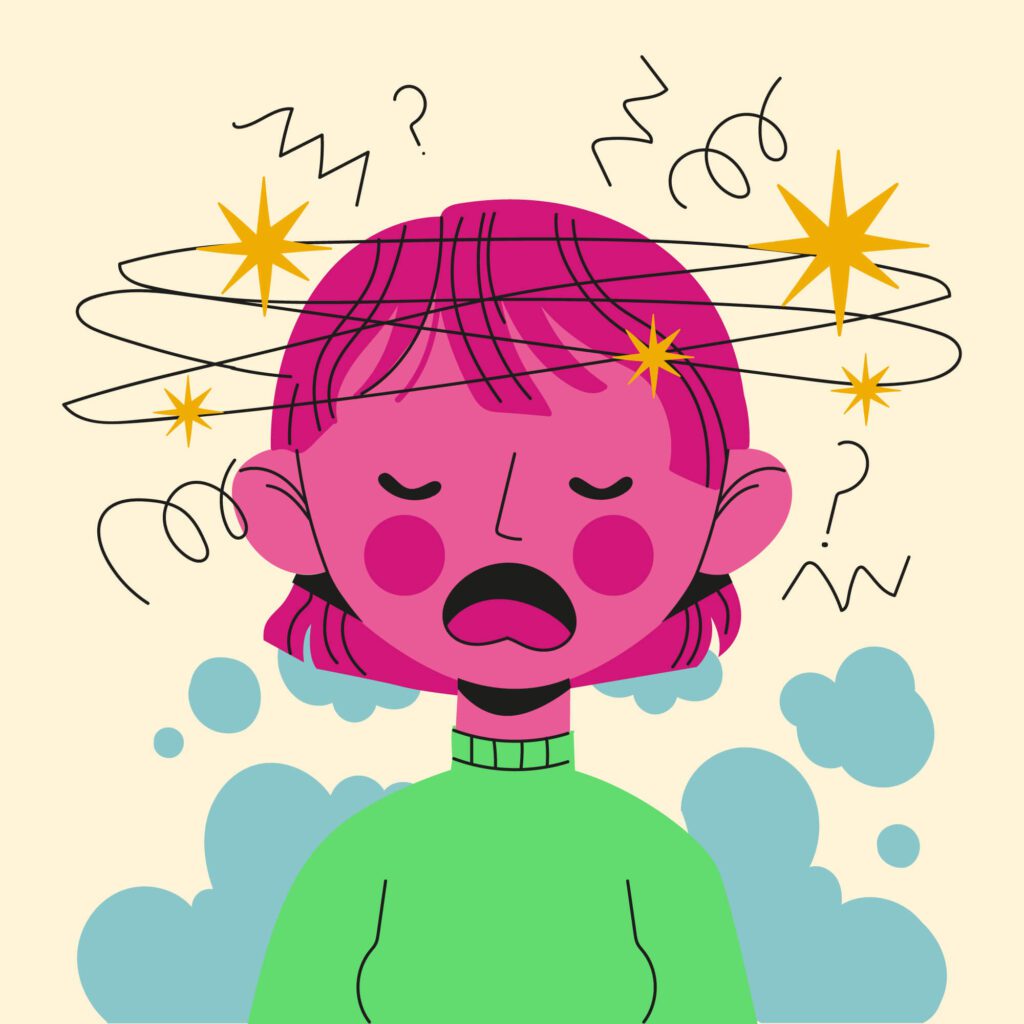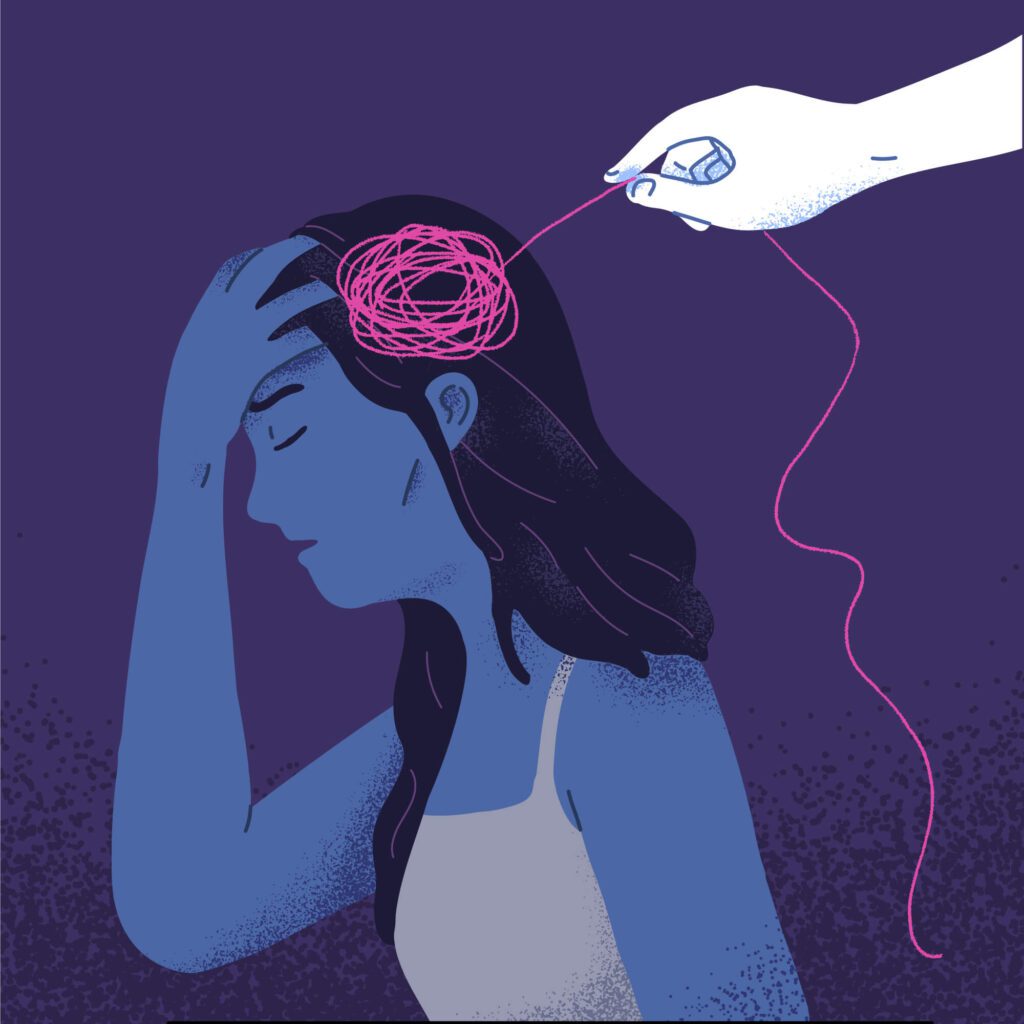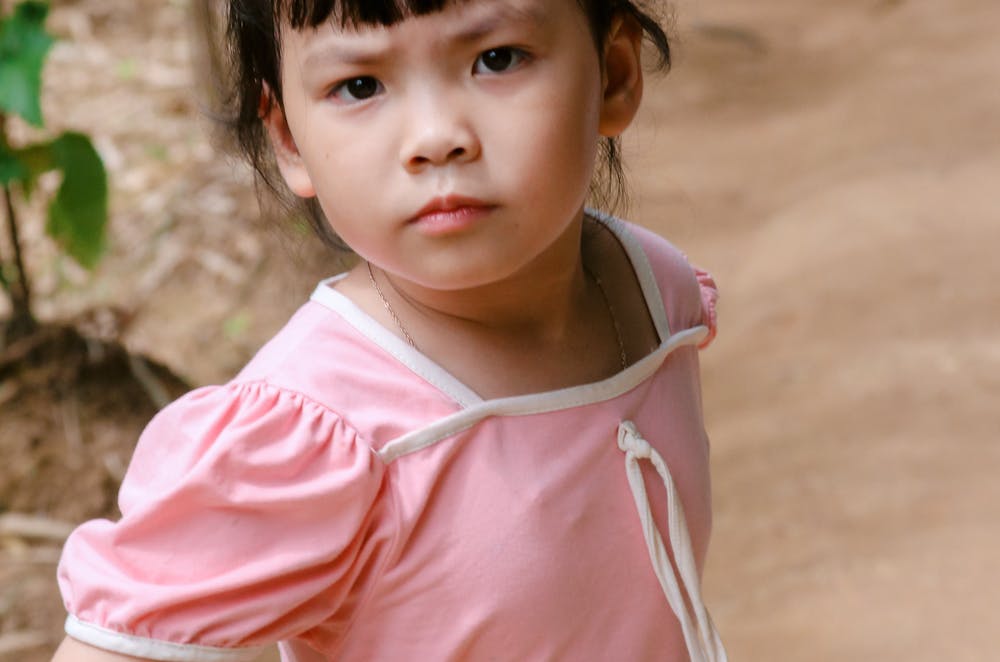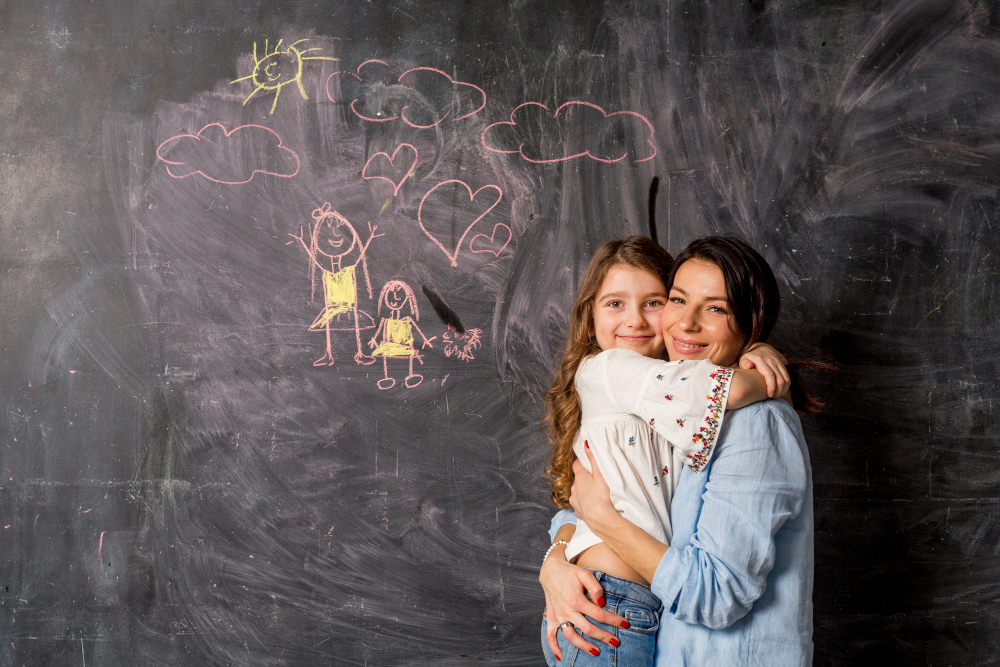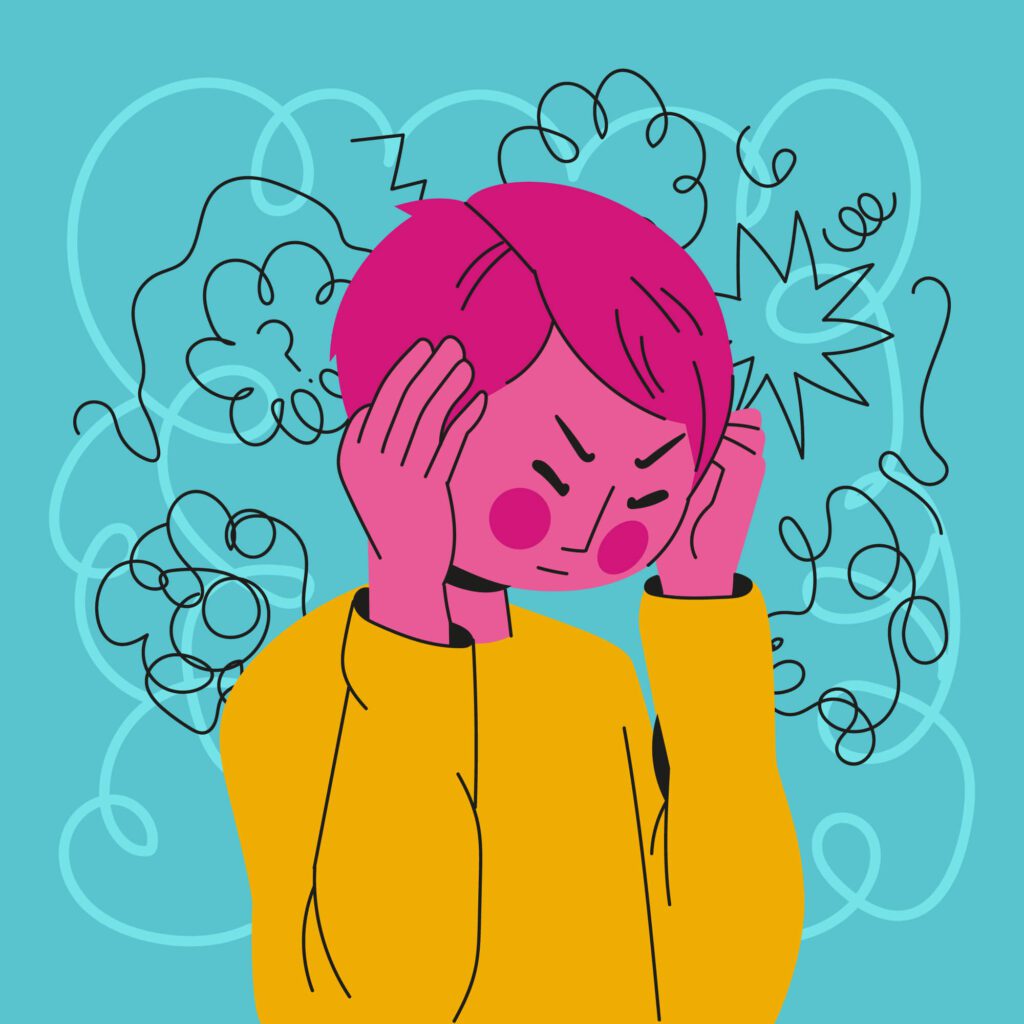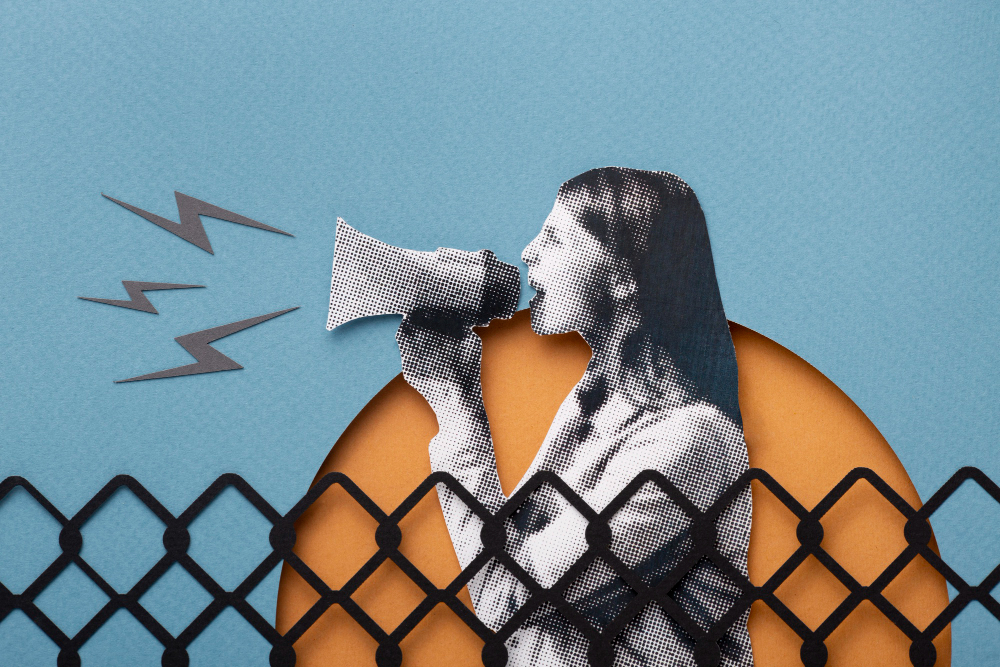
Burnout
Burnout is not just exhaustion—it’s the cumulative impact of being forced to function in environments that are unsustainable, unsafe, or chronically misattuned to your needs. In schools, burnout affects students, families, and educators alike—but for neurodivergent students, it often begins early and is routinely ignored.
Autistic and ADHD students may appear “fine” until they collapse at home, refuse to attend, or shut down entirely. Parents may be dismissed as overreacting while privately managing crisis-level distress. Educators may burn out from moral injury—expected to enforce systems they know are failing kids. And too often, burnout is framed as individual weakness rather than institutional failure.
This tag explores the realities of burnout in education: what causes it, what it looks like, and how schools often mistake signs of survival for defiance, disengagement, or “bad behaviour.” It includes posts on school refusal, masking, PDA shutdown, parent exhaustion, and the ways policy choices compound harm.
Burnout is not inevitable. It’s a warning sign—of policies that don’t accommodate, systems that punish difference, and institutions that reward compliance over care. We believe naming burnout is the first step toward healing—and that no child should be expected to burn themselves out to earn inclusion.
-
Why the evolving understanding of childhood terrifies systems built on scarcity
Children now arrive at school shaped by homes that honour physiology over performance, autonomy over obedience, and co-regulation over fear, and this shift grows from a decade of relational neuroscience, trauma literacy, sensory understanding, and disability justice that families have absorbed far more quickly than schools, which leaves discipline ideology standing on crumbling ground because…
-
Keeping vigil
I live as though in a vigil, waiting for my child to heal from the slow injuries of school, which for many people represents a place of nurture and discovery, yet for him became an arena of exhaustion where survival eclipsed joy and the aftermath has demanded a long convalescence that feels almost like watching…
-
They keep moving the goalposts while our kids pay the price
It began with a phone call that felt like a lifeline. A new teacher was coming, they said, and maybe this would be the one to understand. We clung to that hope. We paid for another assessment, scheduled more therapy, spent weekends in waiting rooms and weekdays in meetings where the promise of change hovered…
-
The truth shall set us free: healing from institutional violence in BC public schools
Healing doesn’t begin with massages or mindset shifts. It begins with telling the truth about what was done to us—about what it means to watch your child collapse under institutional betrayal, to be praised for your composure while they take away his lifeline. The system demands civility while delivering harm. This essay is a witness…
-
Field notes from the frontlines of maternal disobedience
This essay charts the intellectual and emotional ground I’ve been covering lately—disability justice, compliance logic, institutional betrayal, and legal clarity. Each section links to a recent piece of writing that names harm, traces its structural origins, and places language around what advocacy does to the body, the mind, and the moral life of a family.
-
The unseen wounds of advocacy: caregiver burnout, moral injury, and embodied grief
Caregiver burnout in BC schools reflects moral injury and systemic betrayal, as mothers fight exclusion and harm while advocating for disabled children.
-
The afterlife of austerity
When public institutions are forced to survive under prolonged austerity, something deeper than budgets begins to break—something in the connective tissue of trust, of care, of the quiet, ordinary belief that systems exist to serve people. The myth of resilience—the comforting story we tell ourselves about teachers with hearts of gold and staff who always…
-
What looks like a reward is often a repair
When a child returns from the office with gummy worms or a cartoon, it may look like a reward—but often, it is a repair. In a system built on scarcity, the smallest gesture of care is mistaken for indulgence. This essay reframes the narrative around “rewarding bad behaviour” to reveal what is actually happening beneath…
-
Too competent to help, too angry to believe
The impossible performance of grace in systems that harm our children. Holding two pieces in tension This essay is written alongside a truth that cannot be softened. A truth that spills out, unsanitized, unmanageable, and fully lived. A truth that takes the form of intrusive thoughts, violent imagery, desperate poise, and carefully practiced restraint. That…
-
How do you live with yourself
Part of my neurodivergence is fatalism; part of it is hyperphantasia; part of it is the inability to look out at a beautiful landscape without imagining loss, rupture, and death, because even as a small child on the ferry to Victoria, while other people were looking out over the water and the mountains and the…
-
How it broke me open: the unbearable clarity of seeing things as they are
I know another reason the collective punishment incident was so devastating for me, like truly sent-me-spiralling kind of devastating, wasn’t just because of what was done to the kids (although yes, obviously that too), but because of what it broke in me, in how I’d been holding things together for so long with this scaffolding of…
-
Trust as performance: when schools want deference, not dialogue
One of the most infuriating parts of being gaslit by my children’s elementary school was the repeated suggestion that I simply didn’t trust them enough. That the reason my child was struggling wasn’t because support was missing, or harm had occurred—but because I had failed to signal trust. Failed to pretend everything was fine. As…
-
The end of the school year never feels like a celebration
We are scouring the comments for signs that our kids are OK. Supported. Happy. Trying not to spiral when we read ‘developing’ or ’emerging’ or don’t see the words, ‘It was a pleasure to have your child in my class this year.
-
What would it really cost to fix the problem?
We talk so much about the cost of inclusion—as if it’s indulgent, optional, something that must be justified—but we rarely talk about the cost of exclusion. And those costs are everywhere: in emergency rooms, in overburdened case files, in classrooms where distress goes unseen. When schools can’t support disabled students, families fall apart trying to…
-
On graduation and the grievability of disabled children
I’ll try to be normal at my daughter’s graduation, even as I grieve a system that quietly erased her twin and expects no one to notice.
-
Maybe tomorrow: reflections on goal post shifting and the economics of access
There were accommodations on paper and endless lip-service meetings. But none of it happened in the classroom. And every time we did what was asked—another intake, another form, another plan—the goalpost moved again. We weren’t asking for miracles. We were asking to be seen as disabled. And instead, we were told to be more positive,…
-
“I didn’t even do anything wrong”: student voices on collective punishment
Collective punishment in schools often silences individual experiences. Yet, platforms like Reddit provide a space where students share their stories candidly. Below are excerpts from various Reddit threads that illuminate the real-world effects of collective punishment.
-
Balancing budgets by denying disabled kids support
In British Columbia, we are told that the education system is improving. Budgets are rising. Inclusion is a stated priority. And yet, for families whose children require consistent, sustained support—especially those who are disabled or living with complex trauma—the lived experience is defined by absence, delay, and denial. There is a growing chasm between the…
-
Vernon School District (SD22) progressive discipline and suspension guidelines: a neurodiversity-informed critique
The SD22 progressive discipline and suspension guidelines begin with a clear statement of intent: to maintain a safe, caring, and healthy environment for all members of the school community. They emphasise functional assessment, procedural safeguards, privacy protections under FIPPA, and the possibility of restorative or reparative responses. Formal consequences are structured to follow only when…

